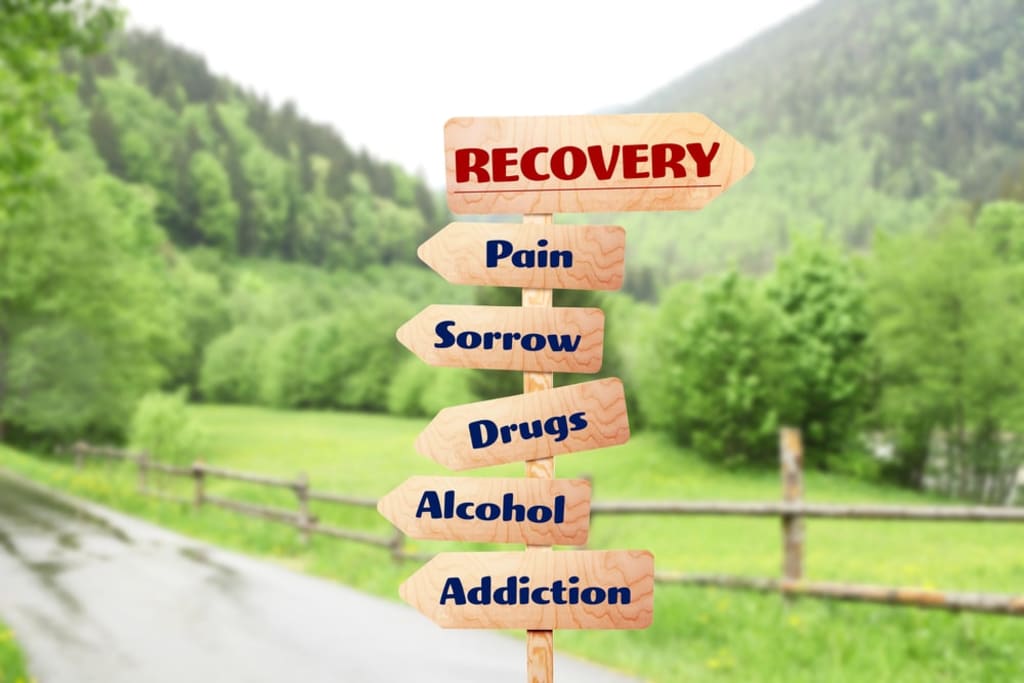Understanding and Addressing Addiction
Nurturing Resilience:

Introduction
Addiction is a complex and challenging issue that affects individuals and families across the globe. Whether it is substance abuse, gambling, or technology dependency, addiction can have profound physical, psychological, and social consequences. Understanding the nature of addiction, its underlying causes, and implementing effective strategies for prevention and treatment is crucial in addressing this growing societal concern. In this article, we will explore addiction, its impact, and discuss approaches to support individuals in their journey towards recovery.
1. Understanding Addiction
Addiction is a chronic condition characterized by compulsive and uncontrollable behaviors despite negative consequences. It goes beyond mere indulgence or occasional use and becomes a deeply ingrained pattern that interferes with daily life. Addiction can arise from various factors, including genetic predisposition, environmental influences, mental health disorders, and social pressures. It alters brain chemistry, leading to intense cravings and a loss of control over the addictive substance or behavior.
2. Recognizing the Impact
Addiction affects individuals on multiple levels. Physically, it can lead to deteriorating health, increased risk of disease, and impaired cognitive function. Psychologically, addiction often coexists with mental health issues such as anxiety and depression, further complicating the recovery process. Socially, addiction strains relationships, creates financial instability, and isolates individuals from support networks. Understanding the comprehensive impact of addiction is vital to develop effective interventions and support systems.
3. Prevention: Building Resilience
Prevention plays a significant role in addressing addiction. Building resilience in individuals, particularly during critical stages of development, can help reduce the risk of addiction. Encouraging healthy coping mechanisms, promoting self-esteem, providing education about the dangers of substance abuse, and fostering supportive relationships are essential preventive measures. Empowering individuals with effective communication skills, problem-solving abilities, and emotional intelligence equips them to navigate life's challenges without resorting to addictive behaviors.
4. Early Intervention and Treatment
Early intervention is key to addressing addiction before it spirals out of control. Recognizing warning signs, such as changes in behavior, social withdrawal, or a decline in performance, enables prompt action. Seeking professional help from addiction specialists, counselors, or support groups is crucial in developing an individualized treatment plan. Treatment approaches may include therapy, medication, support groups, and holistic interventions that address physical, psychological, and social aspects of addiction.
5. Holistic Support and Relapse Prevention
Recovery from addiction is a lifelong journey that requires ongoing support. Holistic support encompasses addressing physical, emotional, and social well-being. Therapy, both individual and group-based, helps individuals understand the root causes of addiction, develop coping strategies, and build a healthy support network. Emphasizing the importance of self-care, stress management, and healthy lifestyle choices is essential. Relapse prevention programs, which focus on identifying triggers, enhancing resilience, and providing continuing support, greatly contribute to sustained recovery.
6. Removing Stigma and Promoting Compassion
Addiction is a disease, not a moral failing or a lack of willpower. It is crucial to remove the stigma associated with addiction and promote a compassionate approach. Education and awareness campaigns help change public perception, encouraging empathy and understanding. By fostering a non-judgmental environment, we can create space for individuals to seek help, share their struggles, and access the support they need without fear of societal condemnation. Some became a victim unintentionally.
Conclusion
Addressing addiction requires a multifaceted approach that encompasses prevention, early intervention, holistic treatment, and ongoing support. By understanding the nature of addiction, recognizing its impact, and promoting resilience, we can empower individuals to break free from the grip of addiction and lead fulfilling lives. Together, by removing stigma and fostering compassion, we can build a society that supports individuals in their journey towards becoming totally free from addiction.





Comments
There are no comments for this story
Be the first to respond and start the conversation.